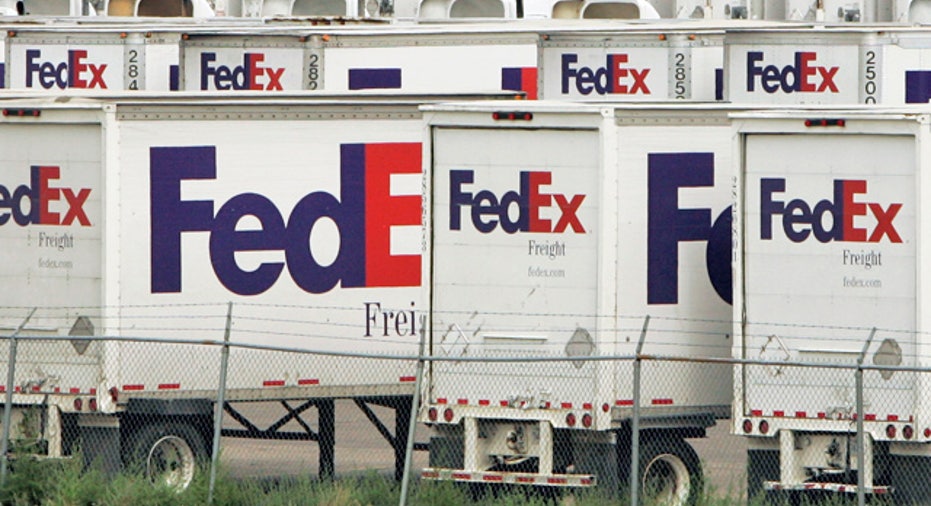FedEx: Drug Shipping Indictment a Matter of Privacy

FedEx says the indictment handed down against it on Thursday for allegedly helping illegal online pharmacies traffic the sale of prescription drugs boils down to the issue of privacy.
“The privacy of our customers is essential to the core of our business,” FedEx’s Patrick Fitzgerald, senior vice president marketing and communications, said in a statement. “This privacy is now at risk, based on the charges by the Department of Justice related to the transportation of prescription medications.”
The 15-count indictment claims that since at least 2004, Memphis-based FedEx (NYSE: FDX) knowingly shipped controlled substances and prescription drugs for illegal internet pharmacies despite warnings from the Drug Enforcement Administration, the Food and Drug Administration and Congress that the shipping giant was violating various laws.
FedEx’s shares were up 87 cents, or 0.57%, at $152.77 in midday trading Friday.
In a statement, the U.S. Attorney’s Office for the Northern District of California, which is handling the charges, said the indictment alleges that since 2004 FedEx “knew that it was delivering drugs to dealers and addicts.”
FedEx faces a potential fine of $1.6 billion--double the $820 million the company is alleged to have profited from shipping the drugs. The charges in the indictment include conspiracies to traffic controlled substances and misbranded prescription drugs.
FedEx said it will plead not guilty, arguing that it’s law enforcement’s job to prevent the illegal sale of drugs, not the responsibility of a shipping company.
The FedEx spokesman said: “We want to be clear what’s at stake here: the government is suggesting that FedEx assume criminal responsibility for the legality of the contents of the millions of packages that we pick up and deliver every day. We are a transportation company – we are not law enforcement. We have no interest in violating the privacy of our customers. We continue to stand ready and willing to support and assist law enforcement. We cannot, however, do the job of law enforcement ourselves.”
Keith Schoonmacher, an analyst at Morningstar, said “it’s a little murky” as to why the government is attempting to hold FedEx responsible for the illegal trafficking of prescription drugs.
“Why not pursue the shippers?” he asked.
The case may be stronger against FedEx if, as the government has alleged, the package carrier had been warned repeatedly by law enforcement for a decade that shipping the drugs violated federal and state laws. But those issues will apparently have to be hashed out in court.
Meanwhile, Schoonmaker said the case is not likely to negatively impact FedEx’s “competitive advantage” and that any potential financial impact will be relatively minor.
“We consider FedEx’ Express and Ground segments to have powerful economic moats fending off new entrants’ intrusions,” he said.
Schoonmaker estimated that a $1.6 billion cash fine paid by FedEx would have about a $5.50 impact per FedEx share, adding that legal expenses and negative market sentiment concerning confidence in management or lost future pharma revenue could “exaggerate the effect” of the financial impact stemming from the charges.
“Given the uncertain outcome, timing, and magnitude of fines, plus the mentioned fine's relatively small magnitude (3%-4% of the current share price), we maintain our fair value estimate at this time,” the analyst said.
UPS (NYSE: UPS), also a target in the Justice Department’s probe, agreed last year to settle the charges and pay a $40 million fine.



















